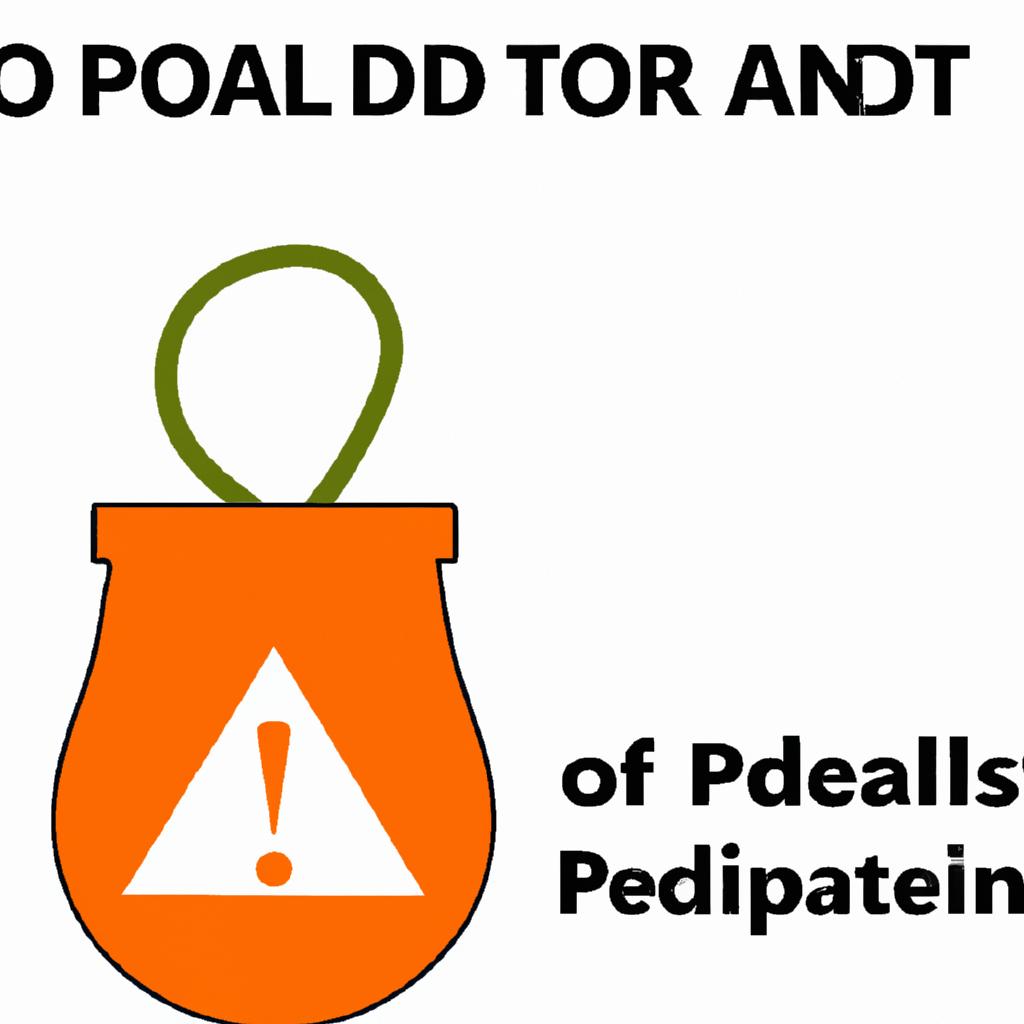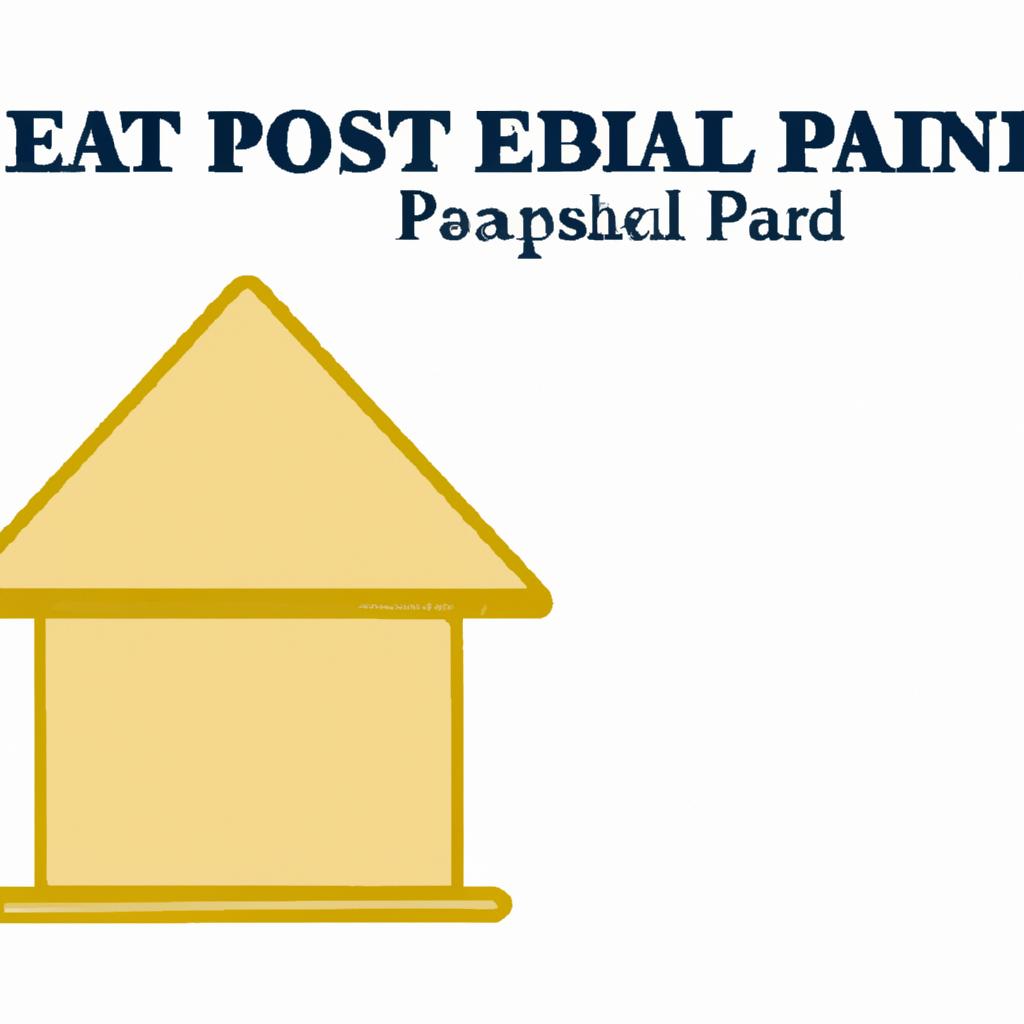In the world of modern banking, the concept of a pod on a bank account has garnered increasing attention and intrigue. As trusted legal advisors in the realm of estate planning and financial management, the team at Morgan Legal Group in New York City is frequently approached with inquiries regarding the efficacy and advisability of implementing a pod on a bank account. In this article, we delve into the nuances of this financial arrangement, examining its potential benefits and drawbacks from a legal perspective. Join us as we navigate the complexities of pod designations and offer insight into whether this strategy is a prudent choice for safeguarding your assets.
I. The Benefits of Adding a Pod to Your Bank Account
Adding a Pod (Payable on Death) designation to your bank account can provide numerous benefits for both you and your beneficiaries. One of the main advantages is that it allows your loved ones to easily access the funds in your account after your passing without the need for probate. This means that they can quickly receive the money they need to cover any immediate expenses, such as funeral costs or medical bills.
Additionally, having a Pod on your bank account can help to simplify the estate planning process and ensure that your assets are distributed according to your wishes. By designating specific beneficiaries for your account, you can avoid any potential disputes or delays in the distribution of your assets. Overall, adding a Pod to your bank account can provide peace of mind knowing that your loved ones will be taken care of after you are gone.

II. Potential Risks and Pitfalls of Utilizing a Pod
Pods on bank accounts can offer convenience and flexibility, but they come with potential risks and pitfalls that should be carefully considered before utilizing this option. One of the main risks associated with pods is the lack of control over the distribution of assets upon the account holder’s death. While pods can streamline the transfer of funds to designated beneficiaries, there is a possibility that unforeseen circumstances may arise, leading to unintended consequences.
Additionally, pods may not provide the same level of protection as a trust or a will. In the event of legal challenges or disputes among beneficiaries, pods may not offer the same level of legal safeguards as formal estate planning documents. It is important to consult with a qualified attorney to determine the best approach for your individual circumstances and to ensure that your wishes are carried out effectively and efficiently.
III. Crafting a Comprehensive Estate Plan with a Pod on Your Bank Account
When it comes to crafting a comprehensive estate plan, including a payable-on-death (POD) designation on your bank account can be a smart move. A POD designation allows you to designate a beneficiary who will receive the funds in your bank account upon your passing, without the need for probate. This can help streamline the distribution of assets and provide your loved ones with quick access to funds that may be needed for immediate expenses or inheritance.
Having a POD on your bank account can also help avoid potential conflicts among your heirs and beneficiaries. By clearly specifying who will receive the funds in your account, you can minimize the likelihood of disputes and ensure that your wishes are carried out as intended. Additionally, a POD designation is revocable during your lifetime, so you can easily update or change the beneficiary as needed. Consult with an experienced estate planning attorney to ensure that a POD designation aligns with your overall estate planning goals and strategies.

IV. Consultation and Guidance from Experienced Attorneys at Morgan Legal Group
Pod (Payable on Death) accounts are a common estate planning tool that allows for the easy transfer of assets to beneficiaries upon the death of the account holder. While they can be a useful tool for avoiding probate and ensuring assets are passed on seamlessly, there are important considerations to keep in mind.
One key consideration is that because POD accounts bypass the probate process, they are not subject to the terms of a Will. This means that if the account holder designates a beneficiary who is not in line with the provisions of their Will, there could be unintended consequences. Additionally, if the designated beneficiary passes away before the account holder, it could lead to complications in the distribution of assets. Consulting with experienced attorneys, such as those at Morgan Legal Group, can help ensure that your estate planning strategy is comprehensive and tailored to your specific needs.
Q&A
Q: What is a pod on a bank account?
A: A pod, or payable-on-death designation, on a bank account allows you to designate a beneficiary who will receive the funds in the account upon your death.
Q: Is having a pod on a bank account a good idea?
A: It can be a good idea for some people, as it allows for a quick and simple transfer of funds to a beneficiary without the need for probate.
Q: What are the benefits of having a pod on a bank account?
A: Having a pod on a bank account can help avoid probate, ensure that your designated beneficiary receives the funds in the account, and provide for a seamless transfer of assets after your death.
Q: Are there any downsides to having a pod on a bank account?
A: Some potential downsides include not being able to control how the funds are used after your death and limiting your ability to make changes to the beneficiary designation.
Q: How do I set up a pod on my bank account?
A: To set up a pod on your bank account, simply contact your bank and fill out the necessary paperwork to designate a beneficiary for the account.
In Conclusion
In conclusion, the decision to have a pod on a bank account ultimately depends on individual circumstances and preferences. While it can provide convenience and ease for the account holder and their beneficiaries, it’s important to carefully consider the potential risks and implications. As with any financial decision, it’s recommended to consult with a financial advisor or legal professional to ensure that the choice aligns with your overall financial strategy. Ultimately, whether a pod on a bank account is a good idea is subjective and requires careful consideration.






